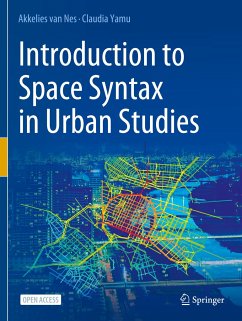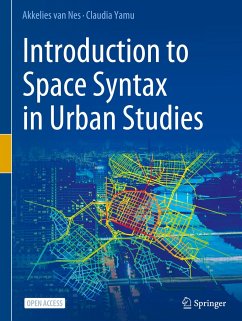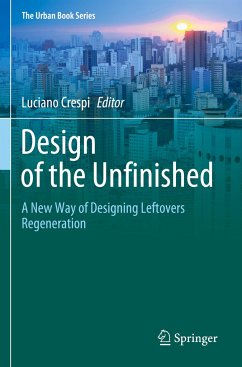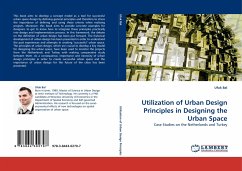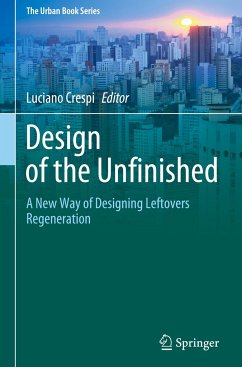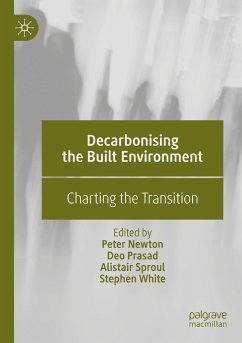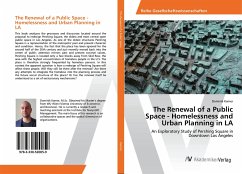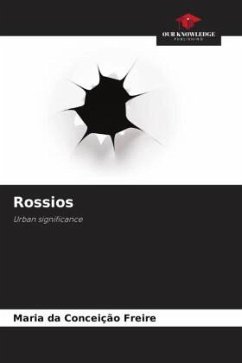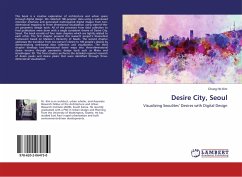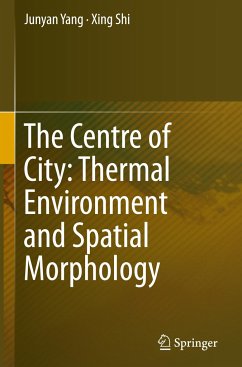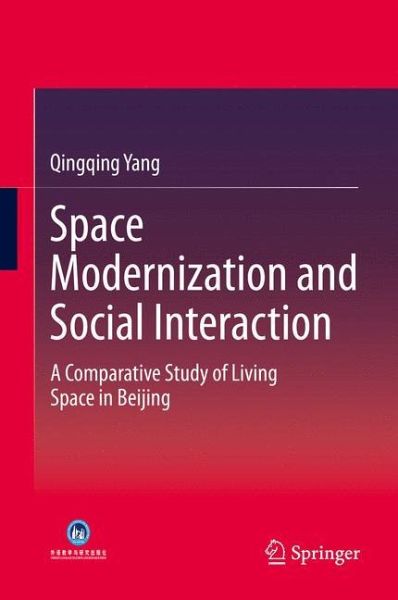
Space Modernization and Social Interaction
A Comparative Study of Living Space in Beijing
Versandkostenfrei!
Versandfertig in 6-10 Tagen
38,99 €
inkl. MwSt.
Weitere Ausgaben:

PAYBACK Punkte
19 °P sammeln!
This book concerns the Beijing Hutong and changing perceptions of space, of social relations and of self, as processes of urban redevelopment remove Hutong dwellers from their traditional homes to new high-rise apartments. It addresses questions of how space is humanly built and transformed, classified and differentiated, and most importantly how space is perceived and experienced. This study elaborates and expands Lefebvre's "trialectic" of space on a theoretical level. The ethnography presented is a conversation with Tim Ingold's argument about "empty space". This research employs the ethnog...
This book concerns the Beijing Hutong and changing perceptions of space, of social relations and of self, as processes of urban redevelopment remove Hutong dwellers from their traditional homes to new high-rise apartments. It addresses questions of how space is humanly built and transformed, classified and differentiated, and most importantly how space is perceived and experienced. This study elaborates and expands Lefebvre's "trialectic" of space on a theoretical level. The ethnography presented is a conversation with Tim Ingold's argument about "empty space". This research employs the ethnographic technique of participant-observation to secure a finely textured, detailed and micro-social account of local experience. Then, these micro-social insights are contextualized within macro-social structures of Chinese modernism by speaking to geographical concerns, orientalism and history.





